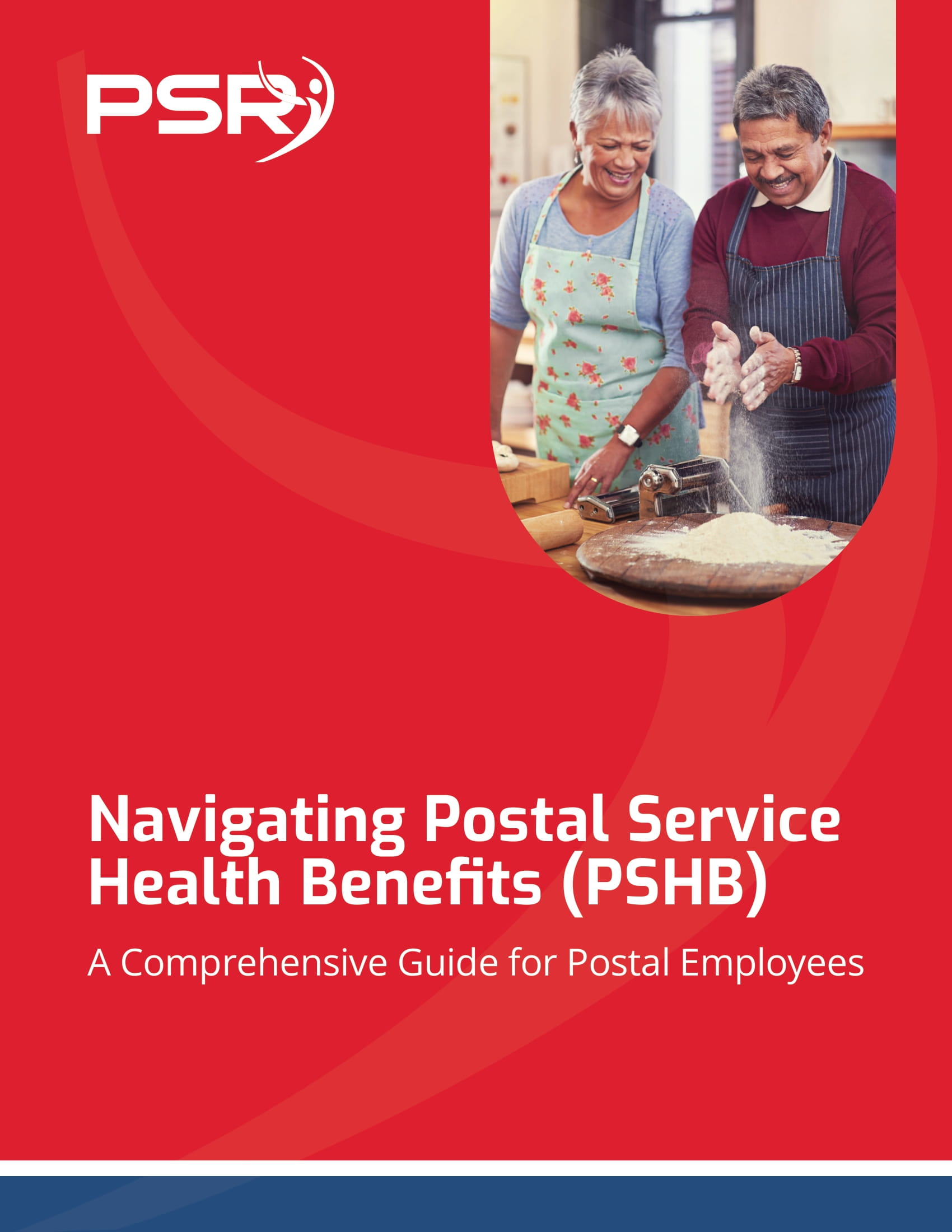The federal employees or the retirees who are benefitting from the long-term care insurance programs may be required to shell out more money for premiums from this year. This was announced by OPM. The agency is working with John Hancock Life and Health Insurance Company to ensure that many of the employees or retirees or their dependents are offered several other policy options to help them to mitigate or offset the effects of the increase.
Why Federal Employee Long Term Care Will Cost More
- Also Read: Divorce and Your Federal Pension—What Happens When You Split Assets and How It Could Affect Your TSP
- Also Read: What Happens to Your Federal Benefits After Divorce? Here’s the Lowdown
- Also Read: The Best FEHB Plans for 2025: Which One Fits Your Lifestyle and Budget the Best?
The Assistance
OPM is working in coordination with John Hancock Life and Health Insurance Company that administers the Federal Employee Long Term Care Insurance Program. The aim of this cooperation is to ensure that policyholders are offered different policy options. This will allow them to offset the effects of the increase or mitigate to other plans.
Who will be affected?
As all the federal employees, military personnel and retirees have the option of signing up for the Long-Term Care Insurance Program, they and their dependents would be affected by this move. As per an estimate, nearly 274,000 people have this coverage and it’s likely that all these people would be affected by the change.
This will not be the first time when the participants of the Long-Term Care Insurance Program would have to shell out more money. It happened in August 2015 as well. The people who signed up for the plan after August 1, are paying more premiums than the ones before them. In this plan, the government makes no contribution so the enrollees would have to bear the brunt of the increased premiums alone.
Best Measures
To negate the impact of the increased premium amount, the enrollees may choose options such as reducing their daily benefits like they did on 2009. A bit of relief for very senior citizens who were former federal employees is that the people who joined the program when they were 80 years or above would not have to pay any higher rate of premiums.








